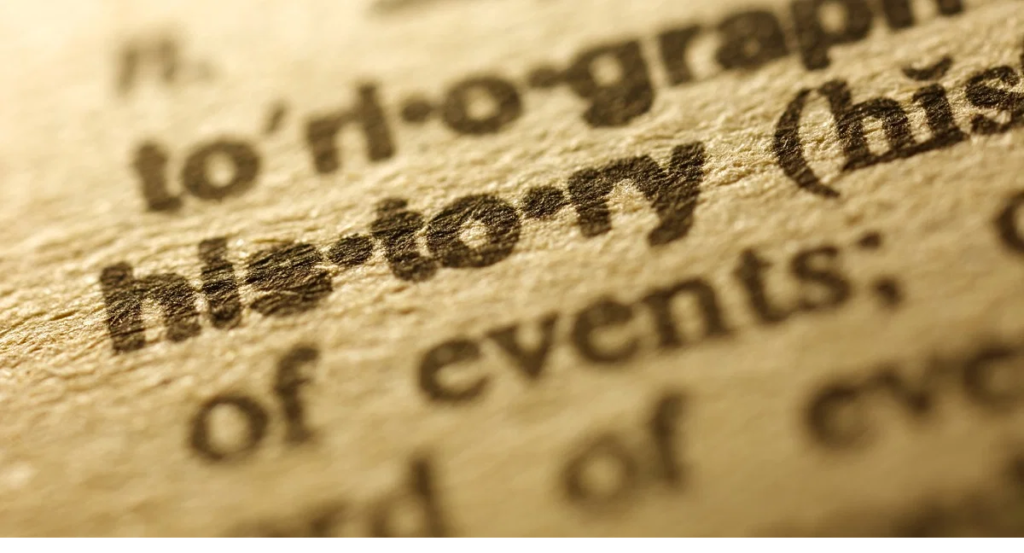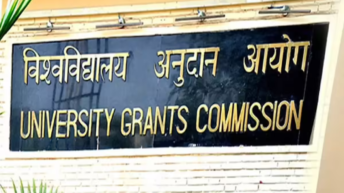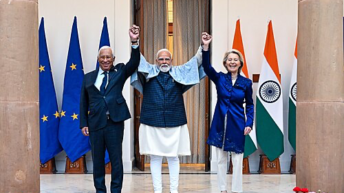
History, as the collective memory of humanity, shapes our understanding of the past and influences our perceptions of the present and the future. However, history is not an immutable record; rather, it is a construct built upon narratives that reflect the perspectives, biases, and intentions of the historians who write it. The need to rewrite history often arises from the realization that existing narratives are incomplete, biased, or distorted. Before embarking on the task of rewriting history, there is a compelling need to change historiography—the methods, theories, and approaches used to study and interpret the past. Historiography serves as a cornerstone for understanding the evolution of historical thought and scholarship. It allows historians to trace the development of historical methodologies, schools of thought, and paradigms that have influenced the way history is written. By examining the works of historians from different eras, one can discern shifts in emphasis, focus, and interpretation. For instance, the transition from traditional political history to the inclusion of social, cultural, and economic histories has been driven by changing historiographical perspectives. One of the most significant contributions of historiography lies in its ability to shed light on the inherent subjectivity and biases present in historical narratives. History is not a mere collection of objective facts; rather, it is a construction based on interpretations of available evidence. Historiography underscores that historians, like all individuals, bring their own cultural, social, and ideological biases to their work. Recognizing these biases is essential for readers to critically evaluate historical accounts and consider multiple viewpoints. This effort delves into the reasons why a transformation of historiography is a prerequisite for meaningful and accurate revision of history.
Traditional historiography has often prioritized the perspectives of dominant social groups, leaving marginalized voices unheard. A shift in historiography is essential to explore hidden narratives and previously neglected experiences. For instance, women’s history, indigenous perspectives, and the histories of other minority groups have been relegated to the periphery. Changing historiography opens doors to inclusivity, recognizing that history is not a monolithic story but a tapestry of diverse experiences. Historiography is inherently influenced by the biases of its time. Prevailing societal norms and values can skew historical interpretations. To rewrite history accurately, historians must first identify and challenge these biases within historiography itself. For example, colonial-era histories often romanticized conquests, but modern historiography exposes the atrocities committed during colonization. Changing historiography thus lays the groundwork for a more accurate and balanced understanding of history.
Historiography has evolved alongside advancements in disciplines such as anthropology, sociology, and archaeology. New methodologies, analytical tools, and interdisciplinary approaches offer fresh insights into historical events and their interpretations. A change in historiography equips historians with the tools to critically examine primary sources, enabling a more nuanced analysis and reconstruction of events. The contextualization of history is imperative to grasp the complexities of the past. Historians must understand the socio-political, economic, and cultural factors that shaped historical events. A transformed historiography encourages historians to engage with multifaceted contexts, leading to a more comprehensive and accurate rewriting of history. Primary sources are the foundation of historical narratives. However, these sources are often interpreted through the lens of contemporary biases and assumptions. Changing historiography prompts historians to reexamine primary sources with fresh perspectives, allowing for the emergence of previously overlooked details and perspectives.
The rewriting of history can have significant ethical implications, particularly when dealing with traumatic events or sensitive topics. A changed historiography encourages historians to approach these subjects with empathy and sensitivity, avoiding the perpetuation of harm and ensuring that historical revisions contribute to healing and reconciliation. The multiplicity of voices and perspectives enriches historical understanding. A shift in historiography encourages historians to embrace multivocality, acknowledging that there are multiple valid interpretations of historical events. This approach fosters a more inclusive and democratic rewriting of history. Presentism, the projection of contemporary values onto the past, distorts historical narratives. Changing historiography helps historians recognize and mitigate presentism, allowing for a more authentic portrayal of historical events in their own context.
Thus, In the endeavor to rewrite history, changing historiography stands as a pivotal first step. By addressing biases, incorporating diverse perspectives, adopting updated methodologies, and engaging with ethical considerations, historians lay the foundation for a more accurate, inclusive, and nuanced representation of the past. This transformation of historiography is not just an intellectual exercise; it is a moral and intellectual obligation to rectify historical injustices and provide a more profound understanding of the complex tapestry of human history. By tracing the evolution of historical thought, acknowledging bias, uncovering hidden voices, promoting debate and revision, cultivating critical thinking, and constructing a comprehensive historical record, historiography ensures that history remains a dynamic and ever-evolving discipline. As we continue to explore the annals of the past, the study of historiography remains essential for fostering a deeper and more meaningful understanding of the intricate tapestry of human history. As we embark on the journey to rewrite history, let us be guided by the principles of integrity, empathy, and a commitment to truth—a commitment that starts with a revolutionized approach to historiography.






Add comment